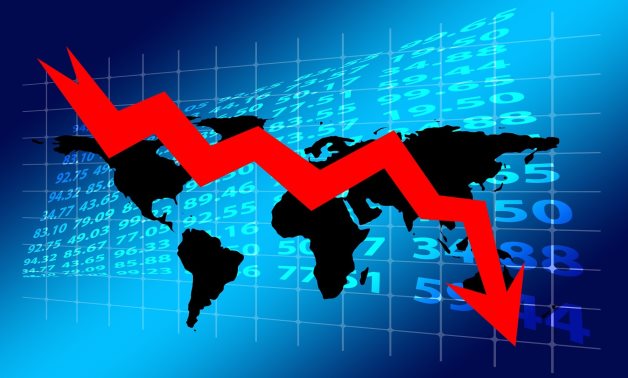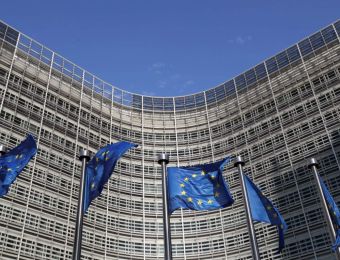What analysts believe about possible recession in Greece during an election year

Πηγή: Αρχείου
Barring extreme scenarios, the Greek economy is not expected to enter a recession in 2023. Or will it? For Greece, numerous analyses predict that in 2023 a strong growth of around 6% will be recorded, and for 2023 close to 2%, while the Eurozone and Germany are entering recession. Recently, there is a major outlook revision for the Eurozone economy. GDP is projected to increase by just 0.5% in 2023 – or even decrease – from 3.1% this year. The IMF estimates that the German economy will shrink by 0.3% in 2023 and the Italian economy by 0.2%.
Greece, so far, seems to have escaped recession due to the structure of the economy (tourism), the Recovery Fund and the relatively greater resilience to the energy crisis. Nevertheless, the concern is there and there are increasing reports of a shallow recession next year. A smaller contraction is also estimated in Greece than in the Eurozone.
Take for example, the last rating report for this year by S&P which gives a positive sign to 2023, but without changing the outlook upwards due to the high uncertainty in international prices. On the other hand, two weeks ago, Fitch predicted a small recession for Greece in 2023.

Another reason is elections. Market and analysts do not expect any movement from the rating agencies and upgrades are expected in 2023. The national investment grade target is expected to “come” after the elections, with the agencies taking a wait-and-see attitude until the polls, and for the developments – on an economic and political level – throughout Europe.
The government’s economic staff are talking about a positive growth rate in 2023 and they estimate that Greece – except in extreme scenarios – will not go into recession. The Ministry of Finance emphasizes that the draft scenario is based on conservative forecasts. The 2.1% growth forecast is mainly based on foreseen increases in investment.
However, despite the S&P report being positive for Greece, it raises uncertainty about the international outlook. It gives the same ‘BB+’ grade to Greece’s credit rating, leaving the economy just one rung below investment grade. As the report’s economists explain, uncertainty in Europe and risks from inflation were the main factors for it to keep the outlook stable as well, instead of upgrading it to positive. The S&P reports notes that Greece continues to benefit from the government’s substantial fiscal reserves and favorable debt structure. However, it sounds an alarm and points out that the rise in real interest rates could put pressure on the fiscal, burdening GDP growth.
Διαβάστε όλες τις τελευταίες Ειδήσεις από την Ελλάδα και τον Κόσμο

























Το σχόλιο σας